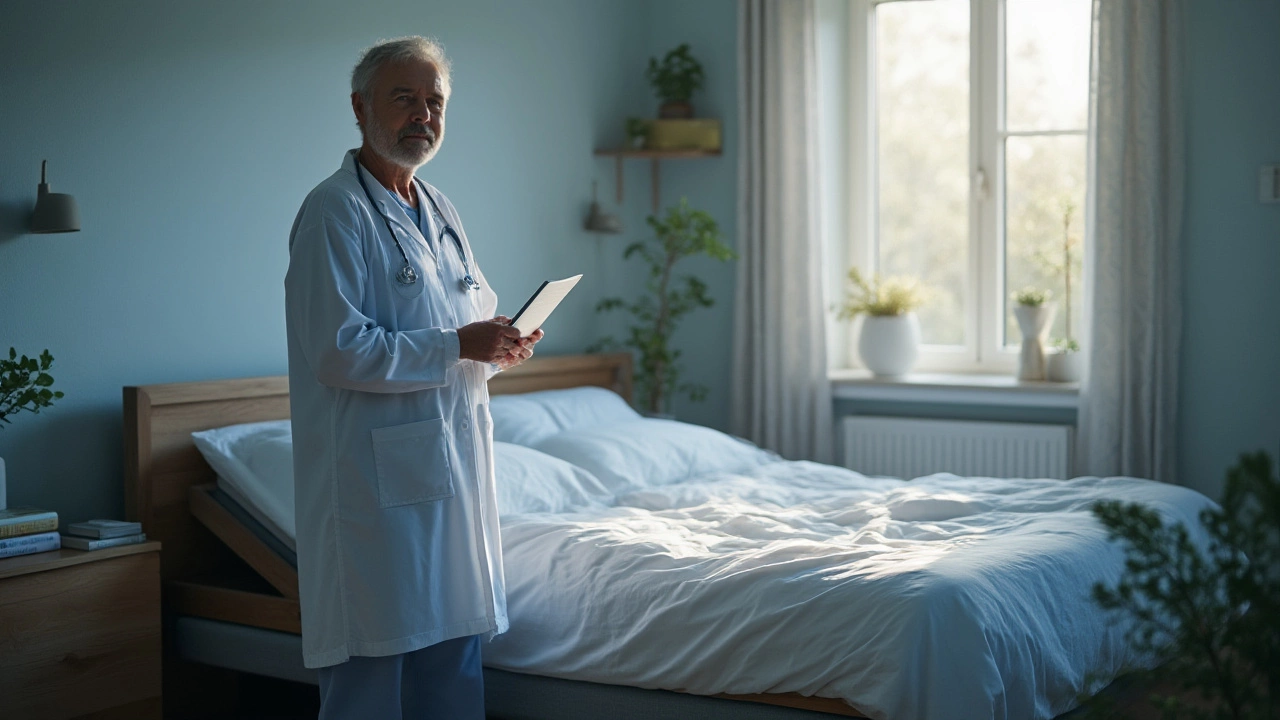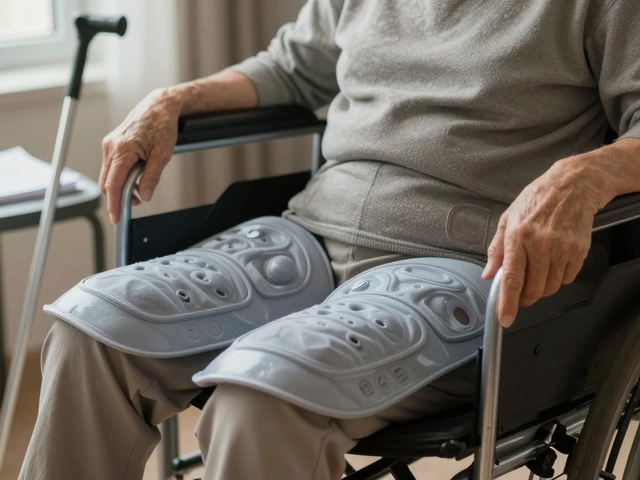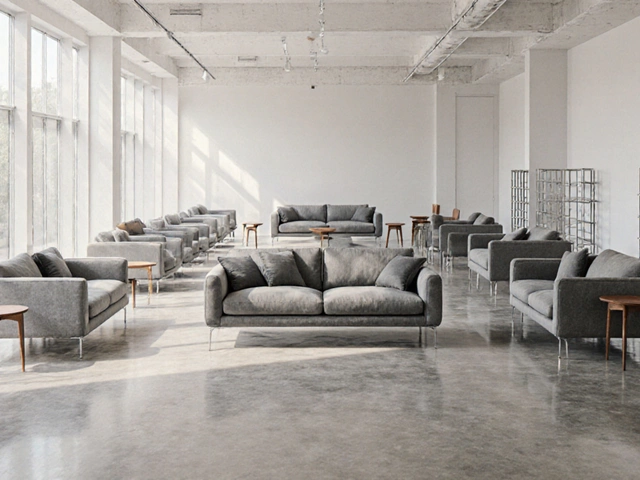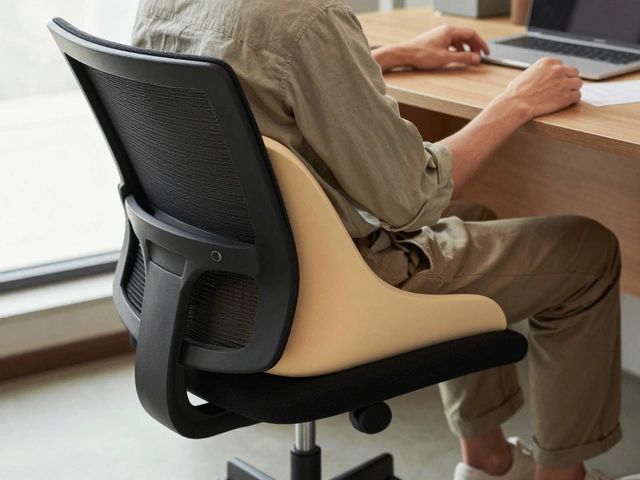Doctor Recommendations for a Healthier Home
Ever wonder if the things you use at home could affect your health? Doctors say the right lighting, comfortable bedding, and safe furniture can boost sleep, posture, and mood. Below are practical tips you can apply today without spending a fortune.
Lighting that protects eyes and mood
Most doctors recommend natural‑light‑mimicking bulbs for everyday rooms. Look for LEDs with a colour temperature around 4000‑5000K – that’s the range that feels closest to daylight. It reduces eye strain when you read or work on a screen and helps keep your circadian rhythm steady.
If you have a bedroom, choose warm‑white bulbs (2700‑3000K). Warm light signals your body it’s time to wind down, making it easier to fall asleep. Place a dimmer switch by the bedside so you can lower the brightness an hour before bed.
Comfortable bedding for better sleep
Doctors agree that a good night’s sleep starts with the right mattress firmness and breathable sheets. A medium‑firm mattress supports the spine while still feeling comfy. Switch to cotton or linen sheets; they let heat escape and keep you cool.
Don’t overlook pillow height. Your pillow should keep your neck in a neutral position – not too high, not too low. If you’re a side sleeper, a thicker pillow helps keep the spine aligned. If you sleep on your back, a thinner pillow works best.
Finally, keep your bedroom tidy. Clutter can increase stress levels, according to health professionals. A clear space promotes a calmer mind, making it easier to drift off.
Safe and ergonomic furniture
When choosing a sofa or chair, think about how you’ll use it. Doctors suggest a seat depth of about 20‑22 inches for most adults – deep enough to sit back comfortably but not so deep that you can’t reach the armrests.
For work‑from‑home setups, pick a chair with adjustable height and lumbar support. This helps keep your lower back in a natural curve and reduces the risk of back pain.
When it comes to dining tables, aim for a height around 28‑30 inches. This keeps elbows at a comfortable angle and prevents shoulder strain during meals.
Quick wins for a healthier home
Start with one change at a time. Swap out one harsh bulb for a daylight‑LED, add a breathable sheet set, or rearrange a chair to improve posture. Small steps add up to big health benefits.
Remember, your home environment is part of your overall wellbeing. By listening to doctor recommendations and making a few smart choices, you’ll create a space that supports sleep, comfort, and happiness.

Doctors’ Insights on Adjustable Beds: Comfort, Health Benefits, and Real Recommendations
Curious what doctors truly think about adjustable beds? This article breaks down medical perspectives, key benefits, and practical tips for sleep comfort and pain relief.
Categories
- Storage (30)
- Bathroom (21)
- Sofas (20)
- Curtains (15)
- Home Decor (12)
- Cushions (12)
- Mirrors (12)
- Bedding (11)
- Kitchenware (11)
- Rugs (10)



